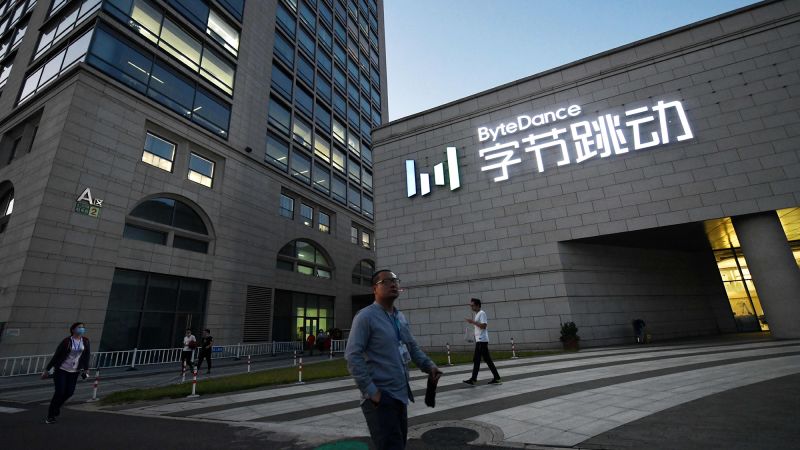TikTok, a popular social media app owned by Chinese company ByteDance, is facing an existential crisis in America. The US Congress recently approved legislation that could compel ByteDance to sell TikTok or face a national ban, with President Joe Biden expected to sign the bill into law. Beijing has strongly opposed a forced sale of TikTok and has the power to block a sale on national security grounds. This leaves ByteDance with limited options to secure the future of TikTok in the US, its biggest market with 170 million users. If TikTok is forced to stop operating in the US, ByteDance’s prospects in other liberal democracies will also be impacted.
A ban on TikTok in the US could lead to a shift in the world’s tech landscape, splitting it into two blocs centered around the US and China. This move would negatively impact ByteDance’s global expansion and could intensify the ideological struggle in the technology industry. The ban would be a win for TikTok’s competitors such as YouTube, Google, and Instagram, who may gain more users if TikTok is no longer available. This situation highlights the growing divide between Chinese apps and Western apps and could impact various aspects of the global tech landscape, including data centers, space-based internet satellites, and semiconductors.
The TikTok legislation was included in a foreign aid package meant to support Israel, Ukraine, and Taiwan. Once signed into law, ByteDance will have up to a year to complete the sale of TikTok. Concerns about TikTok’s potential national security risks, such as data sharing with the Chinese government or content manipulation, have been raised by US officials and legislators. However, TikTok has denied these claims. The new divestiture bill is the result of lobbying efforts by Silicon Valley venture capitalists associated with US technology companies that stand to benefit from the China threat narrative proponents of the bill have been pushing.
Chinese companies and apps operating in the US are facing increasing challenges. The Biden administration is strengthening an office at the Commerce Department to enforce provisions of a Trump-era rule on protecting US information technology supply chains. This rule could potentially be used to push for further restrictions on Chinese companies and apps in the US market. Beijing has pledged to take all necessary measures to protect its interests in response to the TikTok legislation, but it is unclear how it will react to the US ban on TikTok. Beijing has already blocked most US social media platforms in China due to data collection and content sharing rules.
Beijing is more likely to retaliate strongly to new US export controls rather than the ban on TikTok. Recent actions, such as ordering Apple to remove certain social messaging apps from its China app store, indicate China’s willingness to block access to apps considered national security threats. However, the impact of these actions on Chinese users is lesser compared to the potential ban on TikTok in the US. Beijing’s primary concern is the transfer of technology, and it cares less about social media companies. The ban on TikTok in the US may lead to renewed efforts to spread China’s digital footprint in Southeast Asia and other developing markets worldwide.


